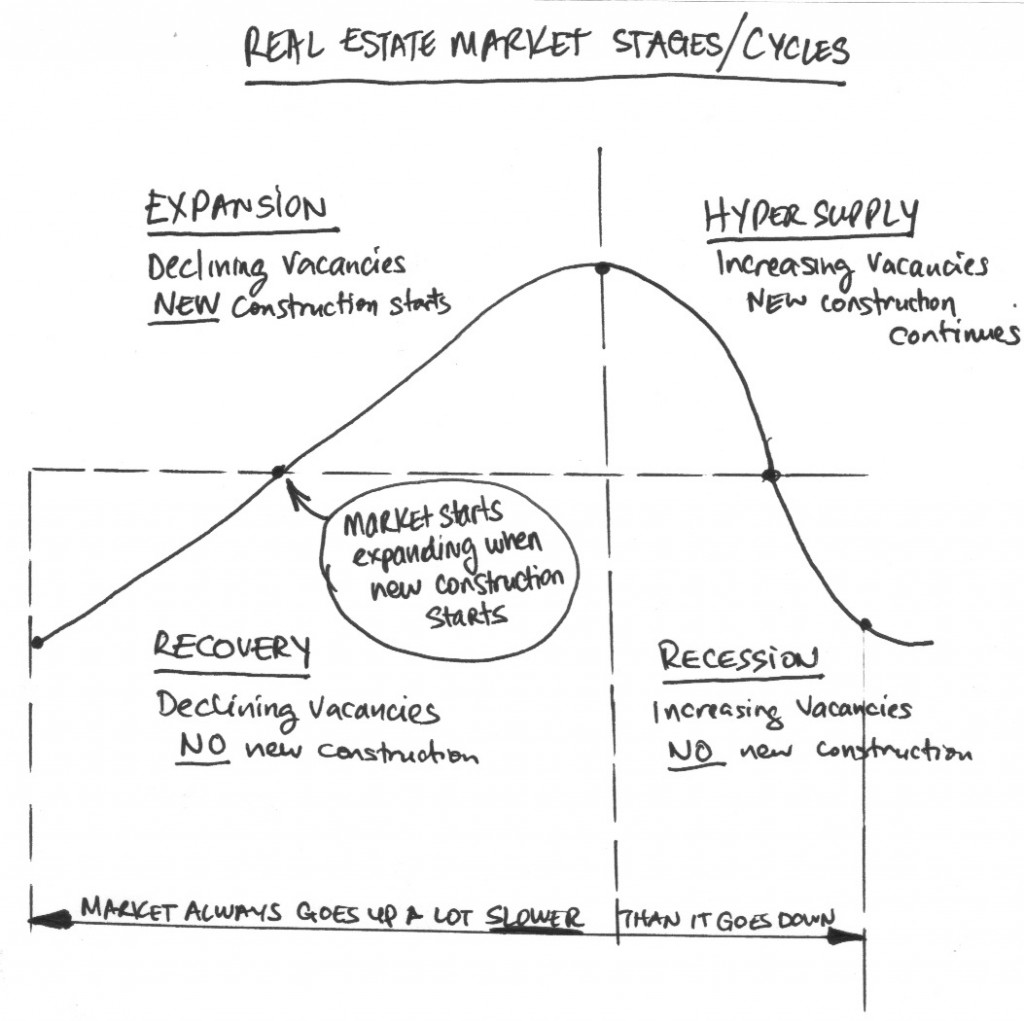Few things affect the results of a long term real estate investment strategy like turnover and vacancies. During the time a property is not leased it becomes an expense rather than an asset to the investor. Turnover has similar effects – every time an existing tenant leaves and a replacement is found, the investor incurs make ready and lease out expenses. If high turnover and vacancy cause investor returns to decrease, it follows that taking measures to minimize them as much as possible will increase and maximize investor returns. That sounds great – so how can we make it happen?
High turnover and vacancy have one common solution: Great tenants. So when you ask how do we reduce turnover and vacancies you are really asking, how do we find, screen and keep great tenants. The purpose of this post is to answer that question.
Finding great tenants requires three ingredients: Strong marketing, a great property and clearly defined standards. You need strong marketing to let great tenants know that you have a great property they should consider and to make them fall in love with it. We list our properties for lease on the MLS and syndicate to every online site that has rental real estate like Zillow, Trulia, Hotpads etc. We take great care in listing our lease properties – we take plenty of photographs with professional equipment, write descriptive copy and portray the property in the best light. In addition to that, we write an article (blog post) on our website to give it the exposure of 10k monthly visitors. Last but not least we run daily Craigslist ads to drive traffic to the property. But all the great marketing in the world couldn’t help you unless the property you acquired is up to snuff. Great tenants look for properties that have nice upgrades, good floor plans, neighborhood amenities and most importantly excellent schools. And the condition of the property has to be immaculate: professionally cleaned, freshly painted, carpets shampooed, air filters replaced etc etc. If your property doesn’t fit that profile, you made an acquisition mistake. Last but not least, you have to have a clear idea about what a great tenant is and you will have that idea when you have clearly defined criteria that the tenant must fulfill. From our lease listings as an example:
Looking for a good long term tenant with great rental history, good stable employment (2+ years) and income (Approx. $4700/month income to qualify salaried, not on commission) and no background check issues. Minimum two year lease. Credit score of at least 600 is required with rare exceptions
As you can see from that description, what defines a great tenant for us are rental history, employment stability, income sufficiency, clean background and long lease term. In that order. Credit is secondary for us and we would be willing to overlook it if the tenant fits all the other criteria. But do you see how well defined is the profile of the tenant we seek?
Screening great tenants is vital to insure that the applicant truly fits that well defined criteria we just discussed. As part of our standard screening we do the following:
- Obtain and review rental history verification. Contact previous landlord, ask verifying questions and get an idea about what kind of tenants the applicants were.
- Obtain income documentation (checkstubs and tax returns) and verify that it’s correct by requesting an employment verification.
- Obtain and review credit report and background check.
- Check references if any.
- Run cross check verifications to make sure the information provided is correct – Is the landlord they’re listing on the application the owner of the property they were leasing or some family friend of the tenants?
Keeping great tenants is achieved by setting up the right expectations from the start, keeping communication lines open and showing care. Most disputes between Landlords and tenants stem from parties not being clear about what the other expects from them. We solve this issue by clearly defining expectations in the lease agreement and in the Rules and Regulations document and going over these expectations before the parties sign papers. Make it easy for the tenant to pay rent, submit a repair request and get repairs done in a timely fashion. Do what you said you were going to do. Keep lines of communication open at all times so wrinkles can be ironed out before they become problems. Finally, show that you care – about your property and the tenants. If a tenant sees that you don’t even care about your property, why should they? Schedule quarterly inspections of the property, provide air filters for replacement, make routine maintenance tune ups of your systems when they aren’t broken to extend their life and prevent unpleasant experiences for the tenants.
Finding, screening and keeping great tenants is the ultimate solution to the turnover and vacancy problem. Every time you manage to put a great tenant in one of your properties, you are actually putting money in your pocket and minimizing stress. So do it right, or hire pros who can.






